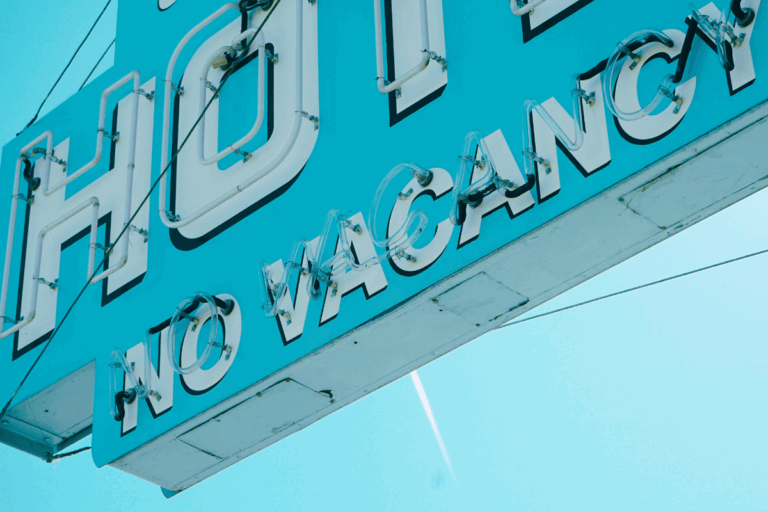In the UK, political and social discourse has been growing louder; no sooner has one crisis peaked than another looms large.
One of those crises – and probably the biggest for many – is the energy crisis. But the UK is not uniquely affected by the rising cost of power production.
It’s happening everywhere.
Struggles felt globally
America is wrestling with its worst energy crisis in nearly five decades. France is imposing an energyprice cap increase of 15%. And Germany has fired up its coal power plants once again, rolling back decades of relatively clean power production.
The implication of all of this is higher energy costs for everyone. But while average households might worry about their next electricity bill, businesses face the morbid reality of having to downsize, cut staff or even close up shop.
No industry or infrastructure can run without power. Food production, travel, hospitality, online services, finance, medical, automotive – you name it, it’s dependent on energy. That fact alone makes an energy crisis an everything crisis.
And yes, that includes business travel.
An energy crisis is an everything crisis
Energy bills for the average small business have quadrupled in the last 18 months. Smaller companies will be unable to shoulder that burden for long – but the impact is no less severe for bigger companies.
Operating costs will come at the expense of shrinking workforces – with staffing already a huge problem in the travel sector – and the all-too depressing double whammy of stagflation.
We all lose in an energy crisis. So, why are we here? And how did things get this bad?
Covid and conflict
The answer that many pundits present is Russia’s war in Ukraine and its subsequent fallout.
Russia has slashed the supply of natural gas and, as the second largest global supplier, this has rocked the market. There’s plenty of gas to go around, but not everyone wants to share it.
The demand versus supply globally has shunted the price up.
But that’s not the whole story. While Russia has the largest reserves of natural gas (a quarter of all the gas in the world), its gas production is massively overshadowed by that of the United States.
Despite the political commentary being offered, the primary cause of the crisis is the repercussions of Covid on staffing. Power generators that had been shut down could not ramp up in time to meet renewed demand – and this was only worsened by the war in Ukraine.
It’s a similar story to the staffing crisis many industries face and the supply chain woes still being felt by so many. In fact, they are all tightly linked by one common feature:
There aren’t enough people to do the work.
What does this mean for hotels?
Hotel owners are preparing for soaring energy costs.
Some hotel groups have seen their energy costs more than double in the last year. But, across Europe at least, help has been promised – to the tune of some $280 billion in relief for those bearing the brunt of the energy crisis.
For now though, the crisis is outrunning the help on offer.
What can TMCs do to support their clients and keep the industry healthy in yet another challenging year?
How can TMCs help reduce costs for businesses?
TMCs exist as businesses first and foremost – but the obligation to serve the best interests of the client, suppliers and the industry as a whole has never been more imperative.
Even large corporate clients will struggle to justify mounting costs at a time when even their best-paid members of staff are wondering how they’ll foot their electricity bills.
TMCs should be working with their customers to become leaner and more efficient with business travel arrangements and hotel bookings by:
reviewing travel policies and streamlining wherever possible
analysing current rates – what is the market doing and where can value be optimised?
reducing travel expenses and the cost of processing them.
Travel policy and expenses
The client’s travel policy is theirs to administer – but a time of crisis calls for a review of the company’s rules and procedures on booking, approving and expensing business travel.
That might look like a freeze on business or first class flights, maximising the benefits of group hotel bookings or changing the way travel expenses are administered (including what can be claimed and adjusting acceptable ranges).
The travel policy may also include preferred suppliers, but in volatile times, those preferential rates might not be available anymore. Shopping around for rates could certainly help.
Run a tight ship
Probably the biggest help TMCs can offer is efficiency.
Clients lean on TMCs because they have the resources and connections to manage travel more effectively than the company could do themselves. And that includes corporate hotel bookings, which can be complex.
HotelHub is committed to giving TMCs the best tools in the world for business travel hotel bookings. Our flagship product greatly reduces wasted time, improves productivity and can quite literally increase hotel attachment by double, all while serving the client with the best possible rates.
And so long as we’re paying so much to power it, surely it’s time to let technology do the heavy lifting?







